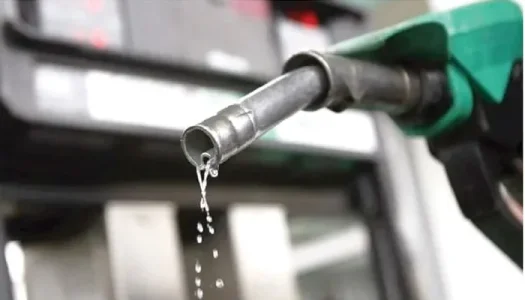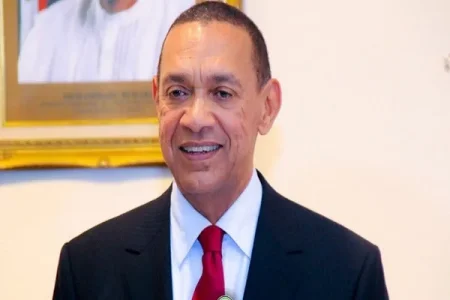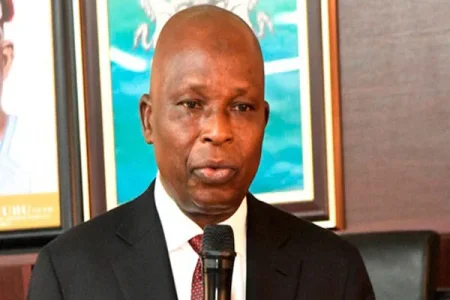
As Nigeria faces the possibility of soaring petrol prices due to a weakening naira and rising crude oil costs, the Federal Government may be forced to spend approximately N1.68 trillion on petrol subsidies from September to December this year, according to oil marketers and industry data.
Petrol dealers have indicated that the pump price of petrol should be in the range of N890 to N900 per litre, given the depreciating naira against the United States dollar and the surging global crude oil prices.
Currently, petrol is being sold at prices ranging from N598 to N617 per litre across the country, raising suspicions of government subsidies.
Although the Nigerian government and the Nigerian National Petroleum Corporation Limited (NNPCL) have not officially admitted to the reintroduction of fuel subsidies, it has been widely speculated that subsidies are quietly being reinstated.
A report revealed that in August 2023 alone, the Federal Government paid N169.4 billion in subsidies. This indicates a growing financial burden on the government as petrol prices continue to rise.
According to the National Public Relations Officer of the Independent Petroleum Marketers Association of Nigeria (IPMAN), Chief Chinedu Ukadike, the depreciating naira, which is nearly N990 to the dollar on the parallel market, has made it unsustainable to maintain petrol prices at the current N617 per litre. He suggested that the retail price of petrol should be around N890 to N900 per litre based on current exchange rates.
The situation has been exacerbated by a rise in global crude oil prices, with Brent crude reaching approximately $95 per barrel, the highest in 2023. Additionally, the official exchange rate for the naira to the dollar has increased to 770.71/$ on the Investor & Exporter forex window.
Oil marketers argue that the Nigerian government may be spending around N290 per litre as subsidies currently, which could result in a daily subsidy cost of N14.04 billion, or N421.3 billion monthly. If the naira continues to depreciate and crude oil prices remain high, this could reach as high as N1.68 trillion for the last four months of 2023.
The reintroduction of subsidies comes after the government had previously spent trillions of naira on fuel subsidies in past years, and as petrol prices continue to impact the Nigerian economy, the government faces tough decisions regarding subsidies and their financial implications. While some commend the government for considering the plight of citizens, civil society organizations are urging greater transparency and accountability in managing fuel subsidies to avoid further impoverishing the population




